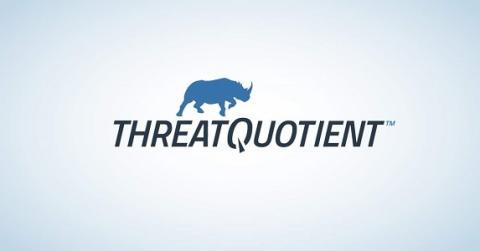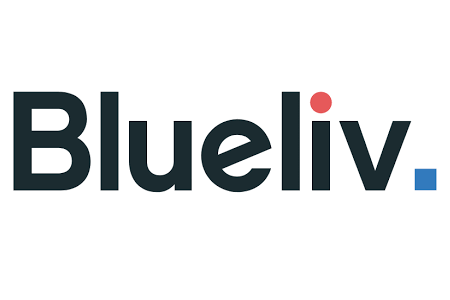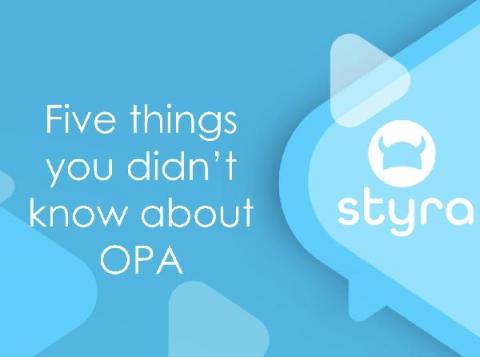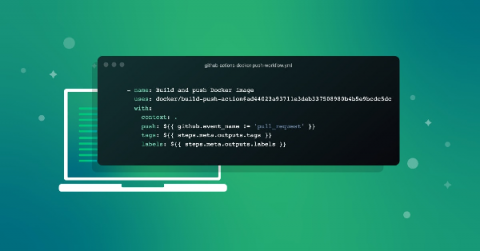Security | Threat Detection | Cyberattacks | DevSecOps | Compliance
Latest News
Growing Threat of DDoS Attacks by Extortionist Threat Actors
Kroll experts have noticed an increase in distributed denial of service (DDoS) attacks by cybercriminals seeking to turn a profit in two distinct incident types. First, many ransomware operators are now threatening and conducting DDoS attacks as an additional pressure tactic during the ransom negotiation process. Second, also known as ransom denial of service (RDoS), attackers threaten DDoS attacks that will take down an organization’s public-facing services unless a ransom is paid.
It's All Fun and Games Until You Get Breached - Tackling Security Challenges in the Remote Work Reality
From healthcare to education to critical infrastructure, nobody seems to be safe from cyber attacks. Not even video game creators. News broke in early June that video game giant Electronic Arts was one of the latest victims of a major breach. At first glance, this is just another story of hackers breaking into a victim and finding their way to a sizable pay day. Nothing new here. Plenty of attacks happen every week, right? However it was the way that the attackers got in that was interesting.
ThreatQuotient Advances Industry Threat Intelligence Sharing With Stronger Data Curation Capabilities
Outpost24 acquires threat intelligence solution Blueliv to create advanced cyber threat landscape monitoring offering
Measure your DevSecOps maturity with Datadog's self-assessment
With DevOps teams moving at ever greater speed, it’s vital for security teams to be deeply involved at all stages of the software development and delivery lifecycle. Breaking down silos between development, operations, and security teams ensures that security considerations are not overlooked, that vulnerabilities are caught early, and that security checkpoints do not slow down the delivery process.
Best practices for a secure ecommerce website
Ecommerce is a popular business model. Many people are getting into this business and looking for ways to secure early retirement from typical 9 to 5 jobs. With the right ideas and execution, there is a good chance that this will happen, but making it in eCommerce isn’t that easy as it was in the past. Yes, there are more options than ever in terms of delivery, logistics, storage, and creating an online store.
ThreatQ Data Exchange Unlocks the Value of Industry Threat Intelligence Sharing
There’s no doubt that an analyst’s ability to efficiently share curated threat intelligence has a significant impact on the success of their organization’s overall security operations. In fact, this capability is so important that removing barriers to sharing threat information is the first requirement outlined in the Executive Order issued by the White House on May 12, 2021.
Five things you didn't know about OPA
When introducing Open Policy Agent (OPA) to application developers and platform engineers, I normally end my presentation with a bulleted list detailing what I think are the best steps to take to start learning OPA and its declarative policy language, Rego.
Managing Node.js Docker images in GitHub Packages using GitHub Actions
If you’re doing open source development today, chances are high that you’re active within the GitHub community — participating in open source projects and their repositories. A recent addition to the GitHub ecosystem is GitHub Packages, which was announced back in 2019 and is now receiving even more updates with the general availability of the GitHub Packages container registry.











